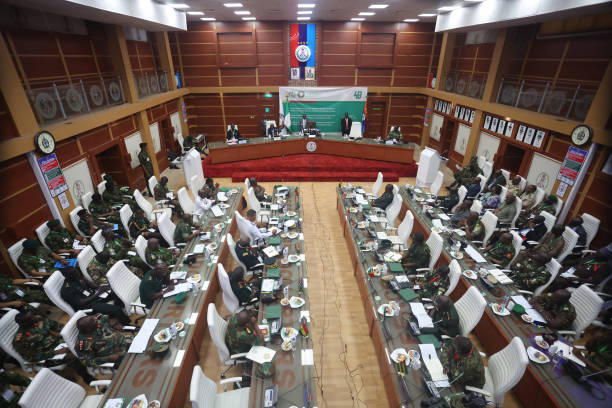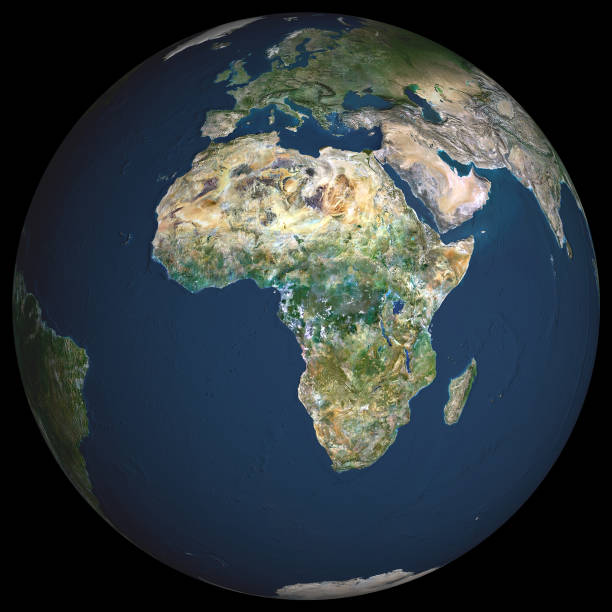In recent years, the Economic Community of West African States (ECOWAS) has faced a growing crisis—not just in the form of military coups and political instability in its member states, but in its own relevance and authority.
Established in 1975 to promote economic integration and peace among West African countries, ECOWAS was once hailed as a beacon of regional unity. It helped resolve conflicts in Liberia and Sierra Leone, supported democratic transitions, and provided a platform for dialogue. But that image is fast fading.
Since 2020, there has been a troubling wave of military takeovers in the region: in Mali, Guinea, Burkina Faso, and most recently in Niger. ECOWAS has reacted with harsh words and, in some cases, sanctions. But despite strong rhetoric and threats of military intervention, little has changed. In fact, some of the coup leaders have become more entrenched, defying the organisation’s authority. Mali, Burkina Faso, and Niger have even quit ECOWAS altogether to form their own alliance.
This raises a serious question: is ECOWAS still able to defend democracy and maintain regional stability?
Part of the problem lies in the loss of credibility. When ECOWAS threatens action but fails to follow through, its power weakens. Its failure to speak out strongly against constitutional manipulation—where leaders illegally extend their terms in office—also creates a sense of double standards. Citizens begin to see ECOWAS not as a neutral peacekeeper, but as a political tool for the powerful.
Another challenge is unity. ECOWAS is made up of 15 countries with different languages, histories, and political systems. Getting all members to agree on bold actions—like deploying troops or enforcing sanctions—is no easy task. Without strong leadership and a clear strategy, the organisation often appears divided and hesitant.
But it’s not all doom and gloom. ECOWAS still plays an important role in trade, migration, and regional cooperation. It has structures in place that, if reformed, could help prevent crises before they explode. What is needed now is honest reflection and urgent reform. ECOWAS must invest in early warning systems, support civil society, and be willing to call out both military coups and civilian power grabs.
More importantly, ECOWAS must regain the trust of ordinary West Africans. That means standing firmly for democracy—not just in words, but in action.
In these uncertain times, West Africa needs a strong, united ECOWAS more than ever. But unless it adapts, listens to the people, and takes consistent action, the risk is clear: the region’s most important organisation may find itself left behind in a changing world.





